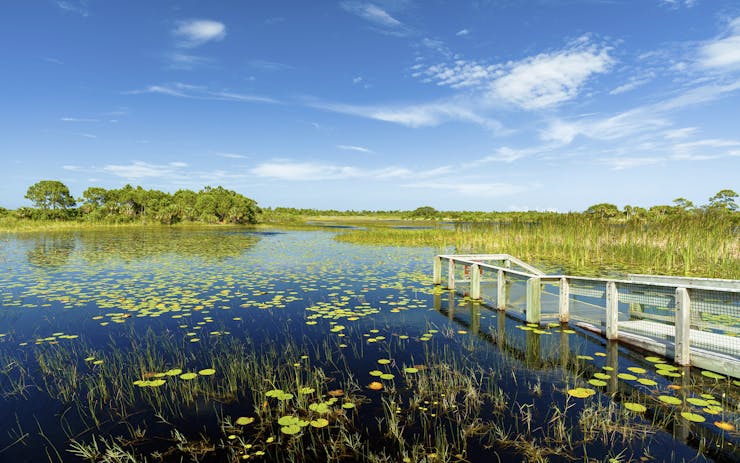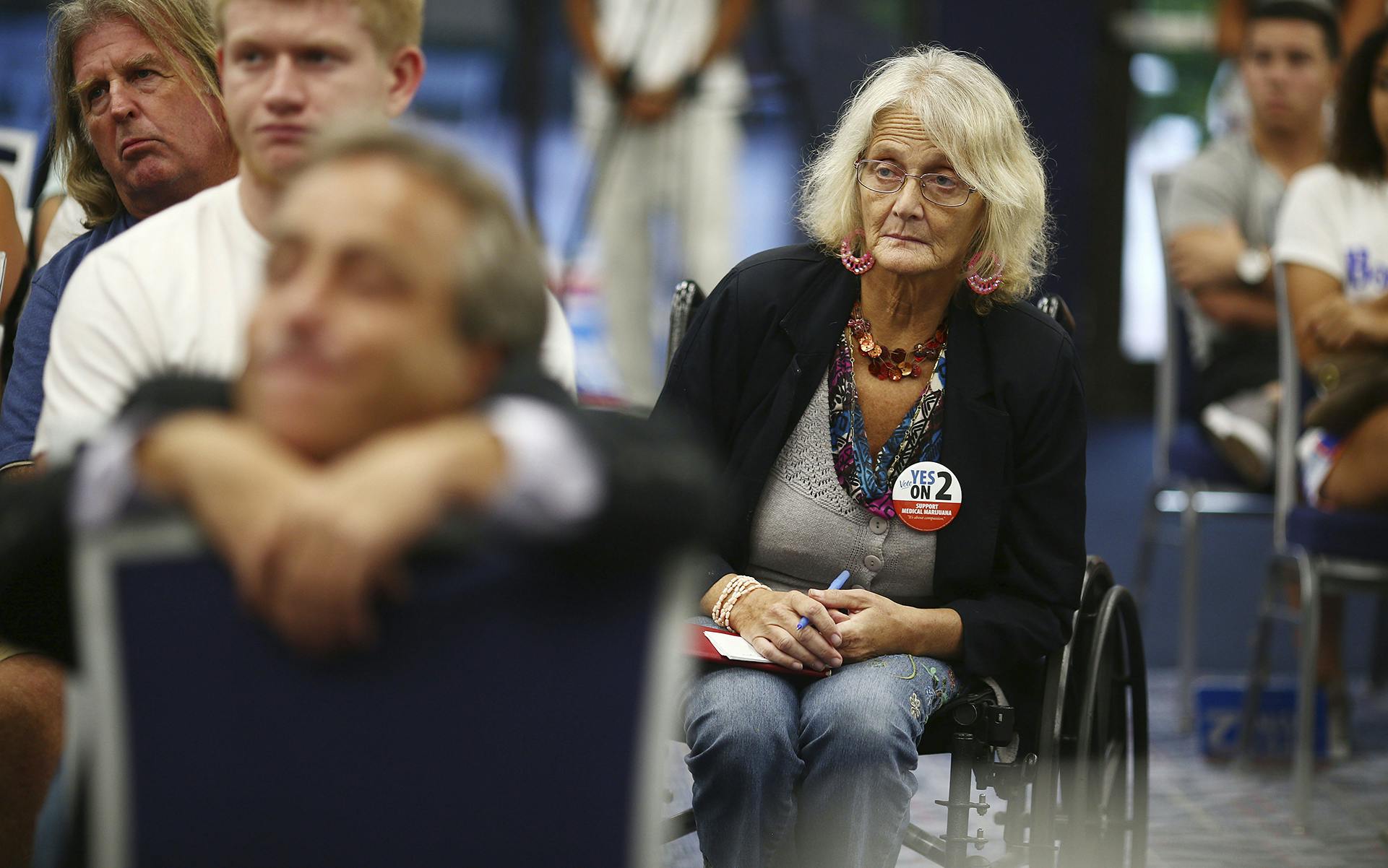It took two tries, three years, and more than $11 million to legalize medical cannabis in Florida.
Now comes Phase Two. Roll up your sleeves, everybody.
Please note: Medical marijuana is not legal in Florida until Jan. 3, 2017.
Florida’s Amendment 2 is one of the briefest legalization laws ever passed. It’s five pages, tip to tail. Which means there are a lot of details still to be worked out.
Here’s the important stuff. It will soon be legal in the state of Florida for a patient to possess and use medical cannabis. Please note: It’s not legal yet!
According to Florida law, approved state constitutional amendments are made effective “on the first Tuesday after the first Monday in January following the election.” Which means the new law kicks in on Tuesday, Jan. 3, 2017.
Medical cannabis will be legal in spirit after Jan. 3, but it may not be legal according to the technical letter of the law. Amendment 2 requires patients to obtain (1) a letter of certification from a physician, and (2) a valid state-issued medical marijuana ID card. And it will be months before those ID cards will be available.
Fortunately, the new law requires the Florida Department of Health to finalize its MMJ regulations by June 3, 2017. The first ID cards must be issued to patients by September 3, 2017.
What could go wrong? A lot. Florida Gov. Rick Scott and Dr. Celeste Philip, the state’s surgeon general and secretary of health, will have much to say about how the medical cannabis program will be built and introduced. The language of Amendment 2 leaves MMJ regulation in the hands of the Florida Department of Health, which Philip runs. She serves under Rick Scott, a Republican who opposed medical marijuana in 2014, but later signed two bills allowing very limited patient access to low-THC cannabis oil. Scott has remained oddly quiet about Amendment 2 this time around.
Scott may personally oppose medical cannabis, but he’s no political fool. More than 71% of his state’s voters just legalized it, and there’s little political coin to be gained by standing in their way. In fact, Scott may have learned a lesson back in March when the state senate refused to confirm his surgeon general nominee, Dr. John Armstrong. The senate’s rejection of Armstrong came in part because Armstrong’s department delayed the rollout of Florida’s limited cannabis oil program.
Amendment 2 also includes provisions to defeat any delay on the state’s part. If the Health Department fails to meet its deadlines, Amendment 2 invites Florida citizens to “seek judicial relief to compel compliance” with the law.
The Health Dept. will set possession limits for 'an adequate supply' for each patient.
Most states that just legalized adult-use cannabis have strict possession limits written into the new laws. But because Florida is a medical state, possession limits will be set by the Health Department according to what “could reasonably be presumed to be an adequate supply” for a given patient, “based on the best available evidence.”
The Health Department will also be in charge of issuing licenses for, and regulating, medical cannabis dispensaries. As of now, there is no guidance or regulation limiting the number of dispensaries within the state or within any given county or town. Amendment 2 also contains no provisions for license priority. The Health Department will have to decide on the criteria to be used in issuing dispensary licenses—and whether a dispensary will grow, process, and sell its own cannabis, or whether separate growing, processing, and dispensary licenses will be necessary.
There’s a lot of work to be done. And a limited amount of time to do it. Florida patients and advocates can expect to hear a lot from and about Health Secretary Celeste Philip in the coming months. She and her department officials are the people in charge now, and patient advocates will need to keep on top of the MMJ program’s evolution every step of the way.
Shop highly rated dispensaries near you
Showing you dispensaries nearFlorida Amendment 2 At-A-Glance
| Allows state-registered patients to possess medical cannabis. |
|---|
| Patients must obtain written certification from physician, and patient ID from Florida Dept. of Health. |
| No home growing allowed. |
| State-licensed dispensaries will be allowed. |
| Health Dept. will set possession limits. |
| All forms (flower, concentrates, edibles, tinctures) are allowed. |





